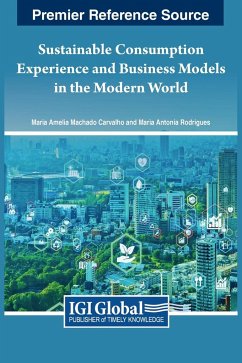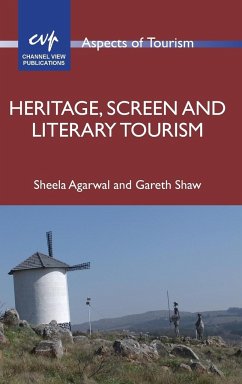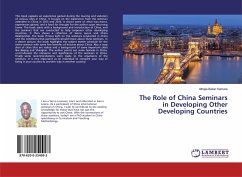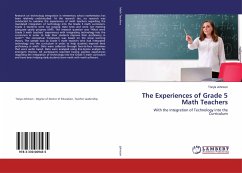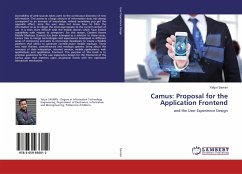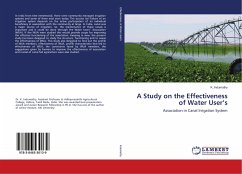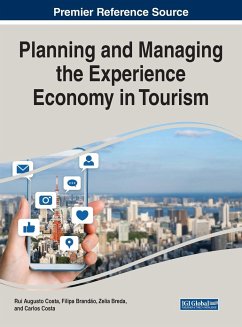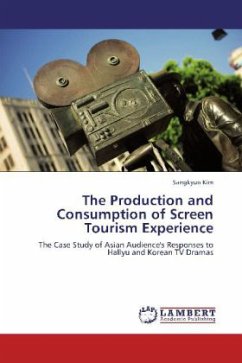
The Production and Consumption of Screen Tourism Experience
The Case Study of Asian Audience's Responses to Hallyu and Korean TV Dramas
Versandkostenfrei!
Versandfertig in 6-10 Tagen
52,99 €
inkl. MwSt.

PAYBACK Punkte
26 °P sammeln!
This book addresses the relative lack of attention to television dramas within the screen-tourism literature, particularly in non-Western and non-English linguistic and cultural settings. It also suggests that relatively few academic studies have investigated inter-Asian screen-tourism patterns and their related screen-tourism experiences. It aims to conceptually develop and empirically investigate the underlying mechanisms and structures through which international audiences experience transnational television drama, and the ways in which this may influence tourist s experiences when they bec...
This book addresses the relative lack of attention to television dramas within the screen-tourism literature, particularly in non-Western and non-English linguistic and cultural settings. It also suggests that relatively few academic studies have investigated inter-Asian screen-tourism patterns and their related screen-tourism experiences. It aims to conceptually develop and empirically investigate the underlying mechanisms and structures through which international audiences experience transnational television drama, and the ways in which this may influence tourist s experiences when they become screen-tourists at the filmed locations. The book examines, within an exploratory and empirical case study approach, a popular cultural phenomenon originating in Korea which has assumed significance across Asia and beyond. Especially, it focuses upon a particular form of screen-tourism based on the international success of the serialised Korean television drama, Daejanggeum (DJG). This book highlights the significant role of experiential aspect of audience viewing experiences in contextualising and shaping emotion, memory and nostalgia for screen-tourism experiences.




